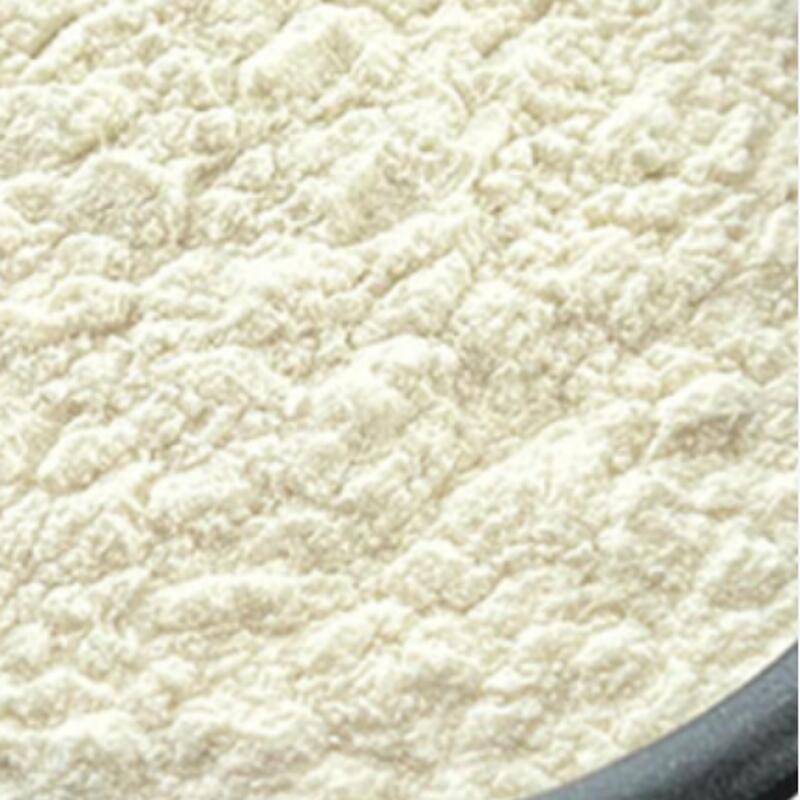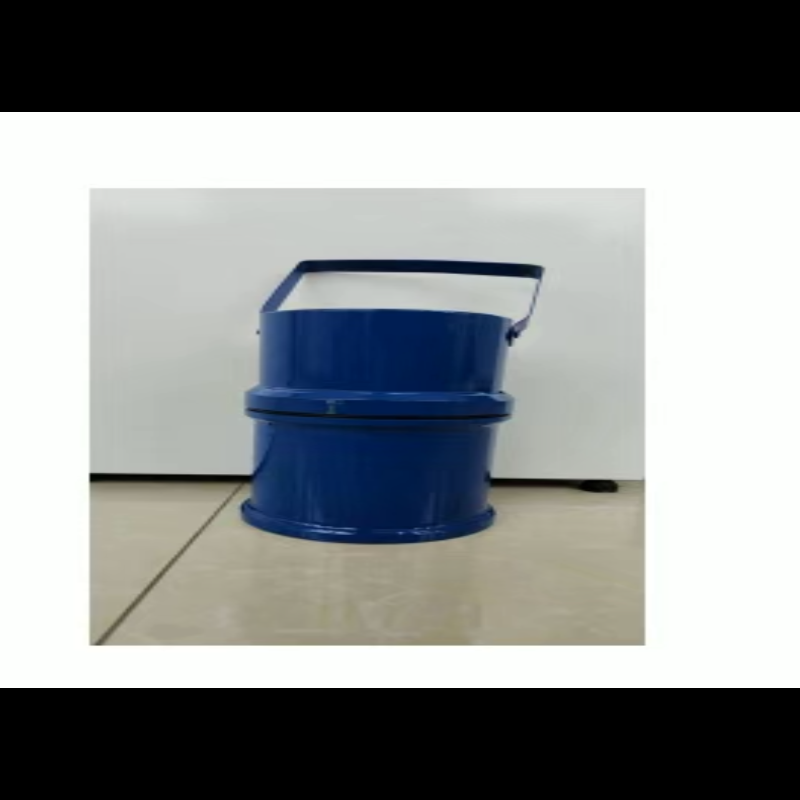-
Categories
-
Pharmaceutical Intermediates
-
Active Pharmaceutical Ingredients
-
Food Additives
- Industrial Coatings
- Agrochemicals
- Dyes and Pigments
- Surfactant
- Flavors and Fragrances
- Chemical Reagents
- Catalyst and Auxiliary
- Natural Products
- Inorganic Chemistry
-
Organic Chemistry
-
Biochemical Engineering
- Analytical Chemistry
-
Cosmetic Ingredient
- Water Treatment Chemical
-
Pharmaceutical Intermediates
Promotion
ECHEMI Mall
Wholesale
Weekly Price
Exhibition
News
-
Trade Service
Recently, researchers at the Pacific Northwest National Laboratory (PNNL) in the United States have developed a new organic flow battery using low-cost and sustainable synthetic molecules, which is said to be nearly 60%
lower production cost than existing flow batteries.
Flow batteries differ in form and function from common lithium batteries
.
In a flow battery cell, the liquid electrolyte circulates in two container boxes, which are separated
by a membrane.
Ion transfer is achieved by passing through the membrane, and the whole process is similar
to the power generation principle of hydrogen fuel cells.
Flow battery packs have higher safety than lithium-ion batteries, and even if they are placed for a long time, there will be no loss of electrical energy, so they are very suitable for storing renewable energy such as solar and wind energy
.
Traditional flow batteries mostly use heavy metals such as vanadium and bromide as electrolyte solutions, which are not only extremely expensive, but also toxic.
The PNNL researchers think the new organic electrolyte they use will become a whole new standard
.
The researchers tested
the technology on a small battery with a capacity of 600 milliwatts.
At a test density of 20 to 100mA per square centimeter, stable cycle charging 100 times can still maintain close to 100% of the battery power, and the optimal performance density is 40 to 50 MA per square centimeter, that is, about 70% of the original voltage
.
Recently, researchers at the Pacific Northwest National Laboratory (PNNL) in the United States have developed a new organic flow battery using low-cost and sustainable synthetic molecules, which is said to be nearly 60%
lower production cost than existing flow batteries.
Flow batteries differ in form and function from common lithium batteries
.
In a flow battery cell, the liquid electrolyte circulates in two container boxes, which are separated
by a membrane.
Ion transfer is achieved by passing through the membrane, and the whole process is similar
to the power generation principle of hydrogen fuel cells.
Flow battery packs have higher safety than lithium-ion batteries, and even if they are placed for a long time, there will be no loss of electrical energy, so they are very suitable for storing renewable energy such as solar and wind energy
.
Traditional flow batteries mostly use heavy metals such as vanadium and bromide as electrolyte solutions, which are not only extremely expensive, but also toxic.
The PNNL researchers think the new organic electrolyte they use will become a whole new standard
.
The researchers tested
the technology on a small battery with a capacity of 600 milliwatts.
At a test density of 20 to 100mA per square centimeter, stable cycle charging 100 times can still maintain close to 100% of the battery power, and the optimal performance density is 40 to 50 MA per square centimeter, that is, about 70% of the original voltage
.







